Alumni News 2020
Ming & Alice Sun's Drug-Test Strips May Inspire Rapid Results Testing for COVID-19
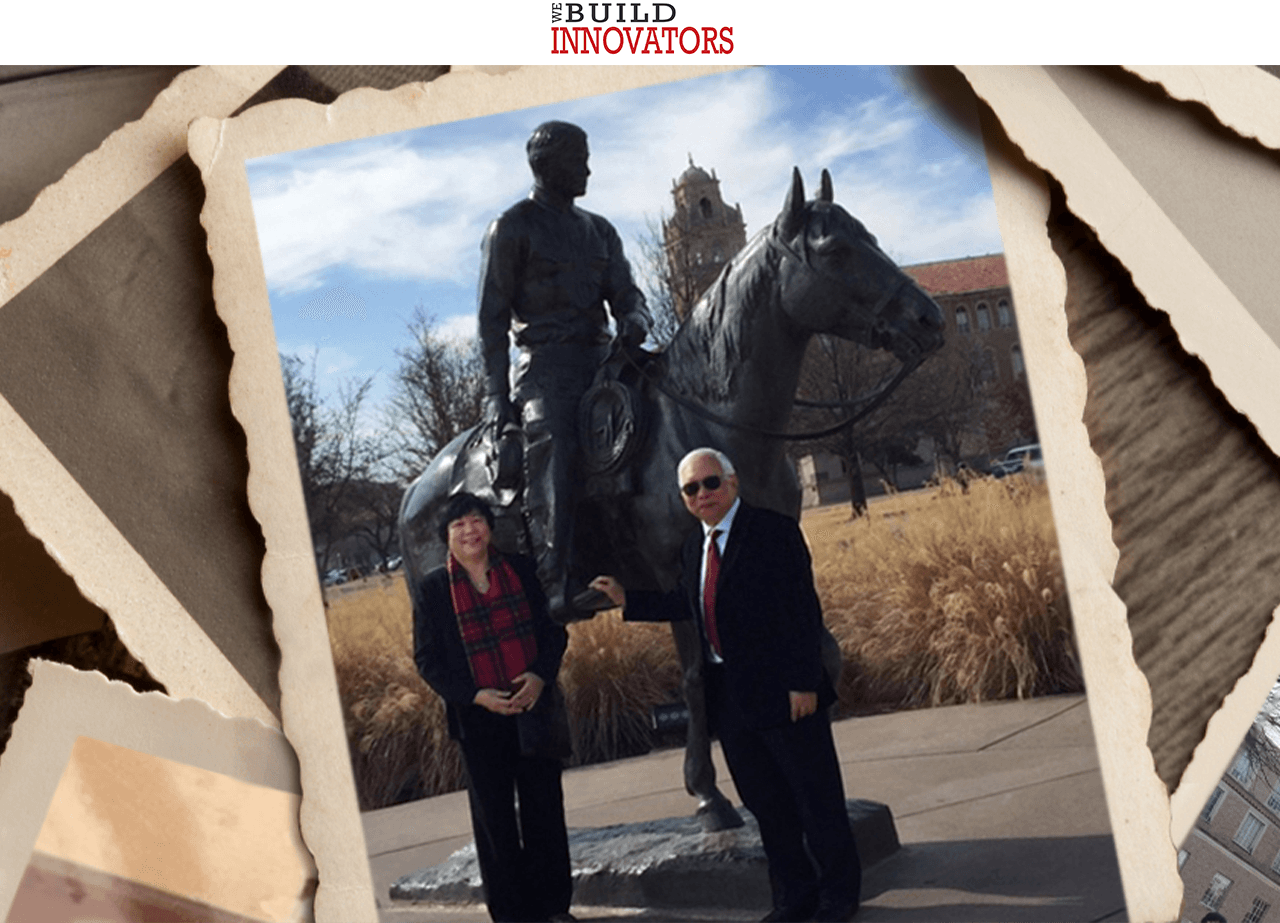
Arts & Sciences Alumni Alice and Ming Sun during a recent visit to Lubbock.
On the surface, this story seems to fit precisely into the entrepreneurial tale so many have heard before. It's the narrative of the home-garage startup, fueled by big creative dreams and the tireless pursuit to change lives and revolutionize an industry. Sure, this chapter of that familiar narrative finds its genesis within the confines of a home garage. However, in a plot shift from the familiar success story, the story of Ming and Alice Sun begins not in the bustling technology hub of Silicon Valley, nor does it feature powerful software or next-generation computer chips. Rather, the couple has long been captivated with the rewards of contributing to the scientific community through the dynamic fields of chemistry and biology. Specifically, they dreamt of improving the delivery and increasing the efficiency of on-site illicit drug testing. Continue reading at this link.
![]()
Suzanne Shipley Comes Full Circle

Arts & Sciences alumna Suzanne Shipley, at right, with her husband, Randall Wadsworth, and their dogs, Roxy and Racer.
There is a distinct pride one can't help but glean from Dr. Suzanne Shipley (Class of '74 & '76) as she discusses her childhood home. The memories of a young girl coming of age on the plains of the West Texas panhandle in Lubbock are still rich. So much so, that the lifetime scholar has a way of transporting any audience back to the seats of the Lubbock Municipal Coliseum—the stage where she consumed Texas Tech University basketball games with her family. Shipley proudly makes a point to say that she was just 10 years old when she took her first classes on the Texas Tech campus. During those childhood summers, Shipley's parents enrolled their budding student in 'kinderschule,' a former Texas Tech program that trained future teachers to instruct German to elementary students. Fast-forward to today: She is serving in her sixth year as president of Midwestern State University in Wichita Falls, Texas. Continue reading at this link.
![]()
Alumni Cecilia and Jim Edwards Establish Emergency Relief for Students
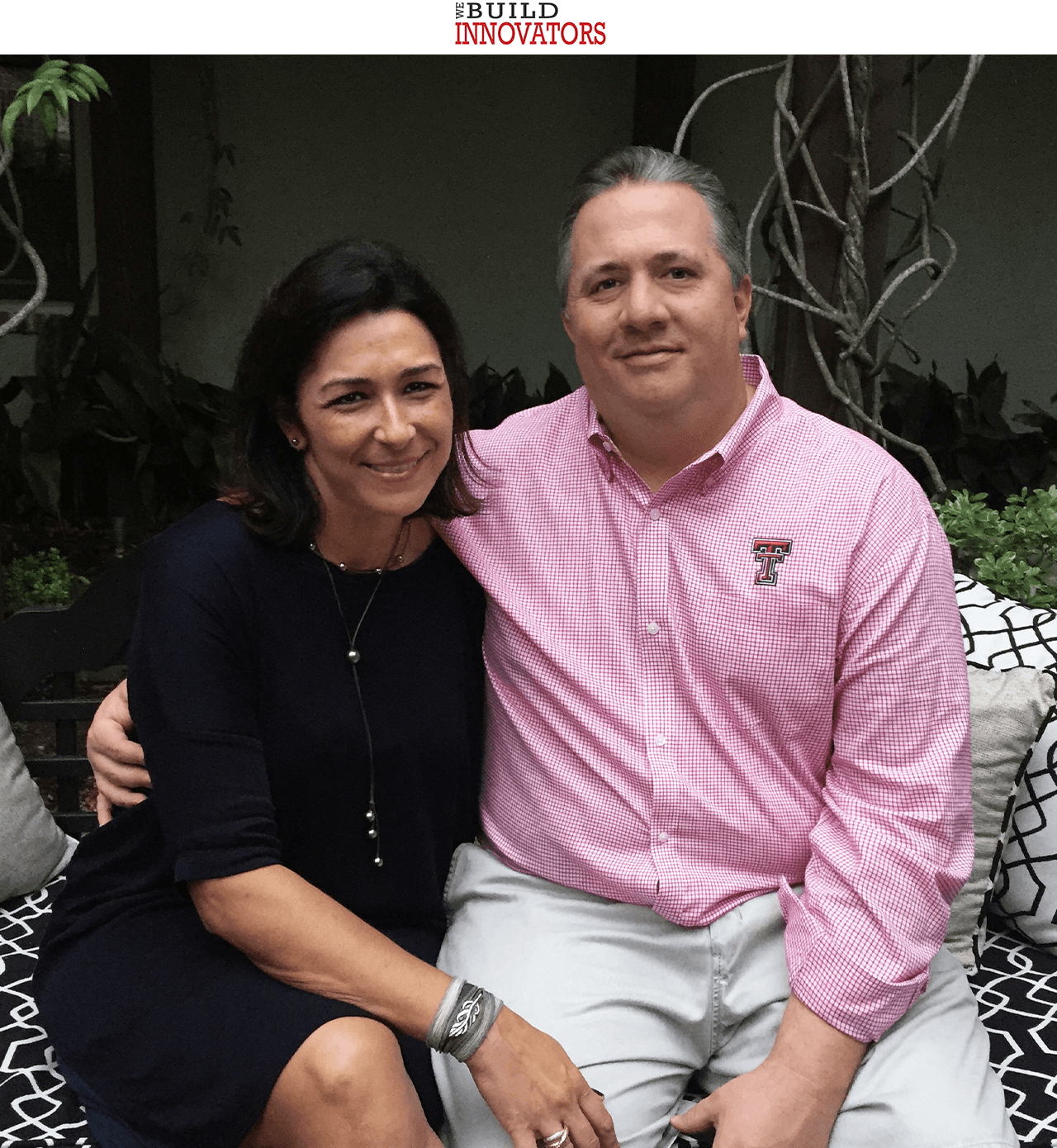
Arts & Sciences alumni Cecilia and Jim Edwards.
It doesn't take much for Jim (Class of '93) and Cecilia ('94) Edwards to recall the story of one of their most recent investments. The story begins in what was an otherwise ordinary winter day in 2019. Yet, as many times these things happen, almost everything changed in a single moment for one Texas Tech University student. That day, she was driving to a final exam, and then it happened. It started with a vehicle crash. The loss of the vehicle was, at first, an inconvenience. But things changed when bills became due. Suddenly, this student owed more than $900 for rent and classes. She began working 40-hour weeks in addition to being a full-time student. Without a car, she rode a pay-by-the-minute electric scooter roughly 10 miles to reach class and work each day, rain or shine. Soon, the cost of the scooter became too much, and she began walking—one hour in each direction, including at 2 a.m. when her shifts at work ended. After hearing this story, Jim and Cecilia, both Texas Tech alumni, knew they could make a difference. That difference came in the form of the Jim and Cecilia Edwards Student Emergency Support Fund, of which this student officially became the first beneficiary. Continue reading at this link.
![]()
Walterscheid Named to Board of Regents

Brooke Walterscheid (Biology, 2016, TTU) has been appointed by Texas Gov. Greg Abbott as the student regent for the Texas Tech University System Board of Regents for the 2020-21 academic year. Gov. Abbott's office made the announcement on Thursday (June 18). Walterscheid, originally from Muenster, Texas, is a fourth-year medical student at Texas Tech University Health Sciences Center (TTUHSC) School of Medicine. Walterscheid becomes the 15th student to serve on the Board of Regents and the sixth student from TTUHSC. Follow this link for the complete article.
![]()
Dinan Sees First Book Published
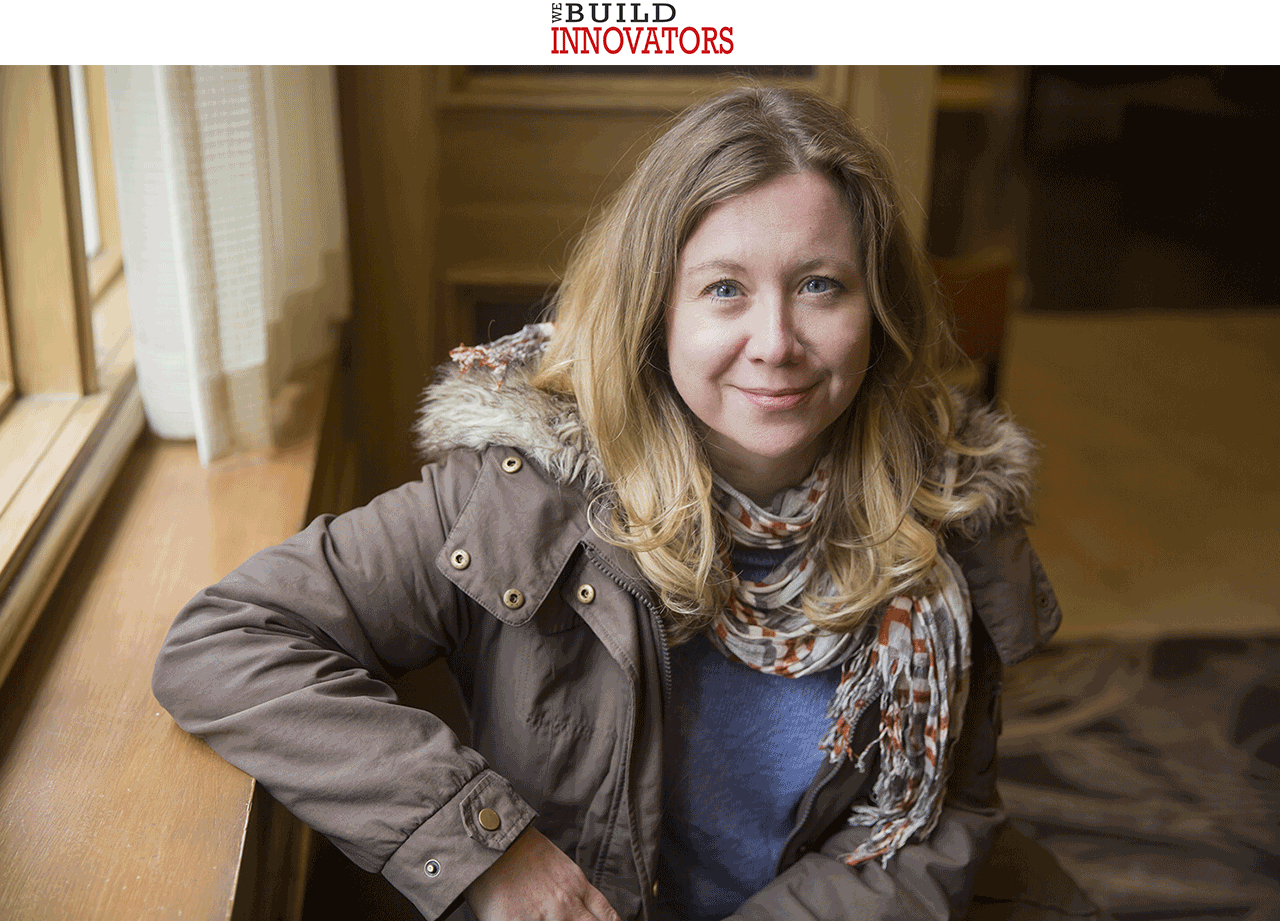
Publishing a book, a piece of work that exposes part of a writer's soul, brings a multitude of emotions and thoughts—relief that the book is done, but anxiety on how it will be received. Nancy Dinan knows this experience firsthand. Dinan, who just graduated from Texas Tech University with her doctorate in English Literature, published her first book in May 2020. According to the book's publisher, Bloomsbury, Dinan's book, "Things You Would Know If You Grew Up Around Here," is a "cautionary fairy tale for our troubled ecological age." It's set during the 2015 Memorial Day Flood in Central Texas, where protagonist Boyd Montgomery sets out to rescue her missing friend. She is joined by others along the way, navigating the newly unfamiliar terrain. "I'm proud of my book, but I have some mixed feelings," Dinan said. "I think it being out makes the flaws very noticeable to me, but it's received some good critical reception." Those critical reviews, however, are few and far between. Most reviewers have praised the book, and Texas Monthly called it a "detailed portrait of a part of Texas whose novelistic potential few authors have tapped." Follow this link for the complete account of Nancy Dinan's new book.
![]()
Kerrick Led SpaceX Training, Safety
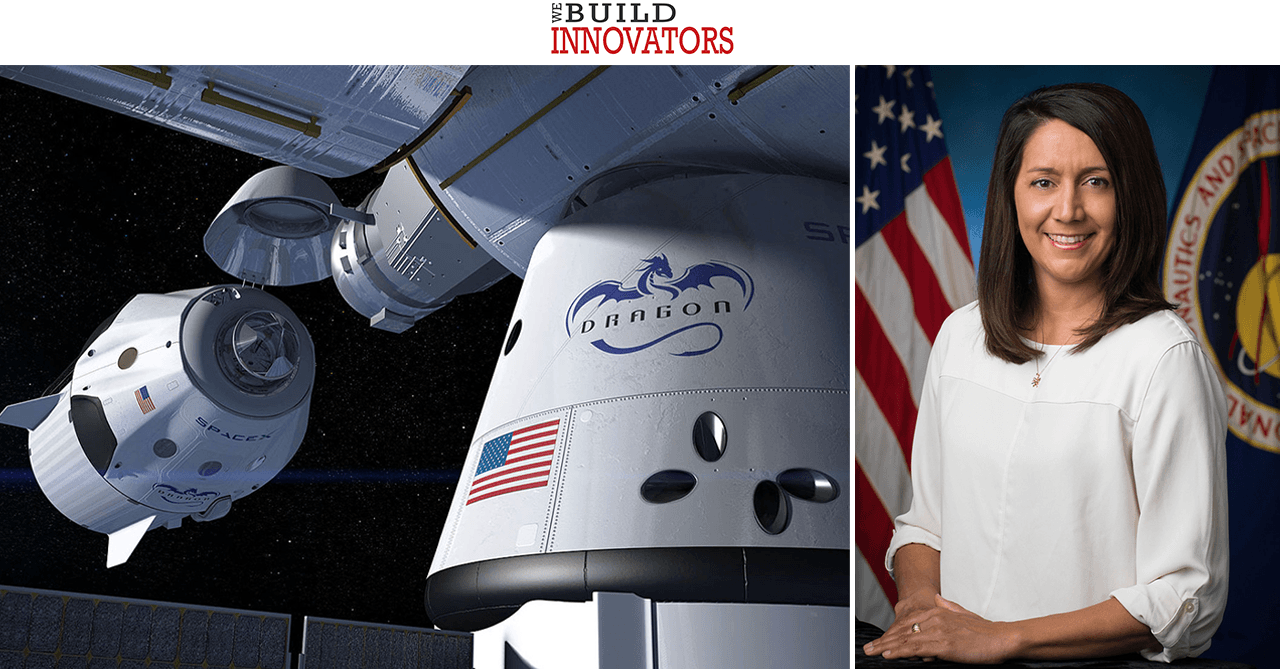
Ginger Kerrick (BS Physics '91, MS Physics '93) is now deputy director of NASA's Exploration Integration and Sciences Directorate, but until May 6, 2020, she was a division chief for NASA's Flight Integration Division—which placed her front and center in the training that went into the May 30, 2020, launch of SpaceX. Kerrick also is a member of the Board of Regents for the Texas Tech University System. Follow this link for the full account of Ginger Kerrick's role in the launch of SpaceX.
![]()
INTO THE PETRI DISH:
Brian Amman and Matt Mauldin Study Pathogens at CDC
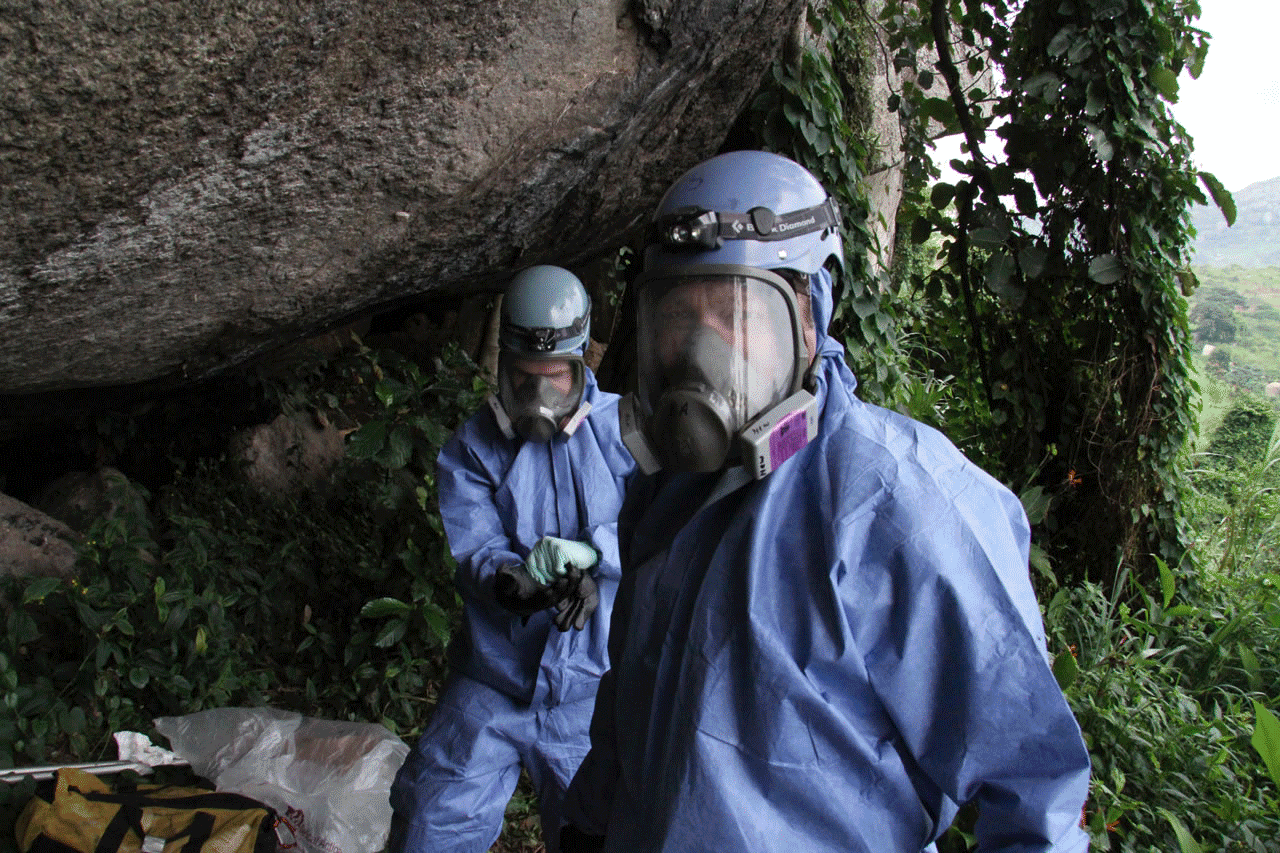
Brian Amman (PhD Zoology, 2005) and Matt Mauldin (BS Biology, 2008; PhD Biology, 2014) are at this moment conducting research that puts them at the forefront in the battle against some of the most frightening plagues on the planet: Ebola, Marburg virus, smallpox, and COVID-19. When there's news of an outbreak, the average person wants to get as far away as possible. Amman and Mauldin are among a courageous few who track deadly pathogens to their place of origin, or "reservoir" in disease parlance, and research ways to reduce the risk of future epidemics. Follow this link to learn how these scientists at the Atlanta-based Centers for Disease Control and Prevention (CDC) do their jobs.
![]()
INTO THE PETRI DISH:
Brian Amman Tracks Marburg to Its Source
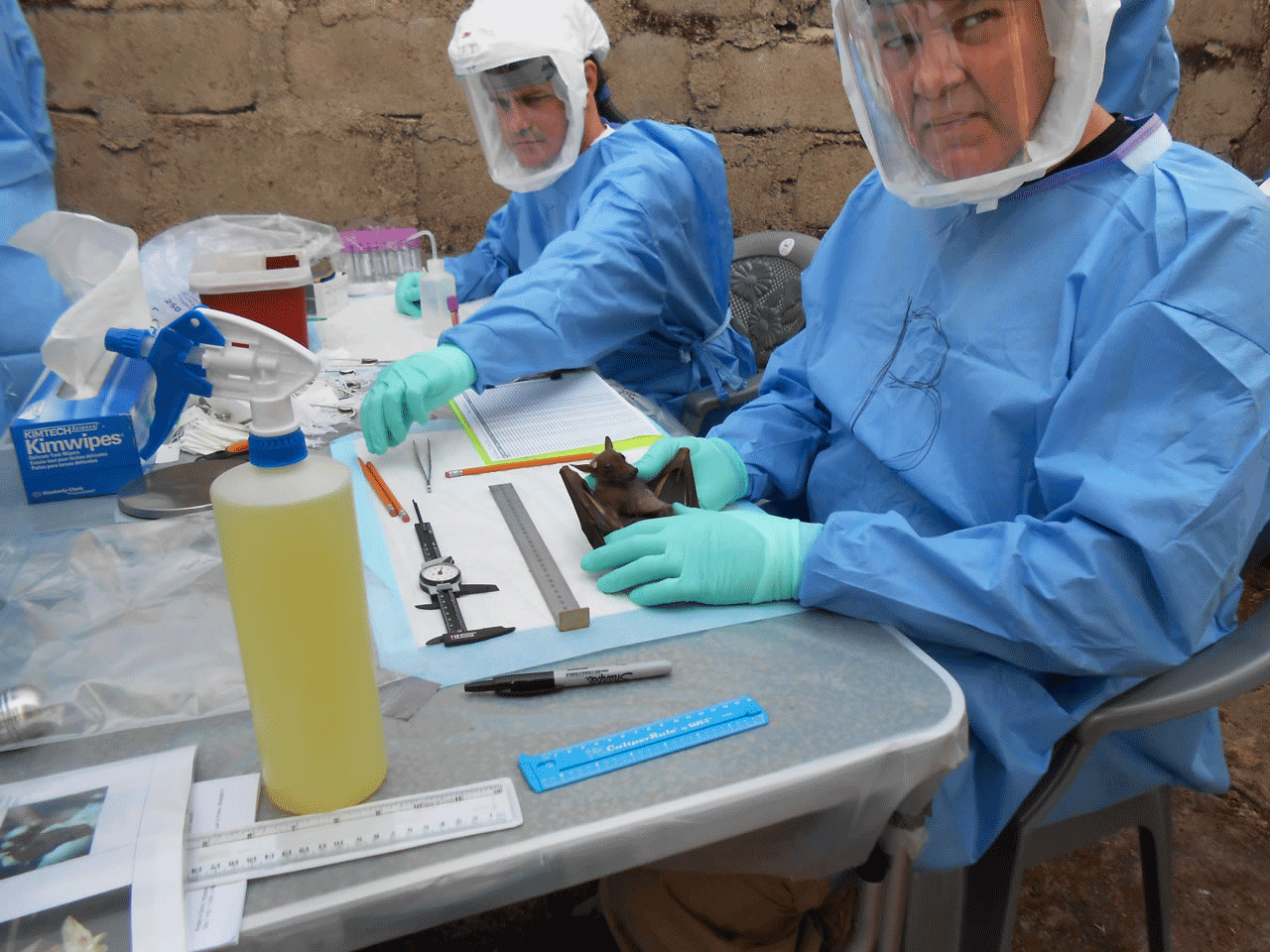
Brian Amman (PhD Zoology, 2005) is an ecologist with the Viral Special Pathogens Branch, Virus Host Ecology Unit, at the Atlanta-based Centers for Disease Control and Prevention (CDC), an arm of the U.S. Department of Health & Human Services. In 2007, his research group solved a 40-year-old mystery by discovering the natural reservoir, or source, of Marburg hemorrhagic fever, a virus even deadlier than Ebola. He tracked Marburg's reservoir to the bats that were roosting in a Ugandan mine and, later, in Python Cave in Uganda's Queen Elizabeth National Park. Follow this link to discover how Amman's work moves science forward.
![]()
INTO THE PETRI DISH:
Matt Mauldin Explains Research Abroad
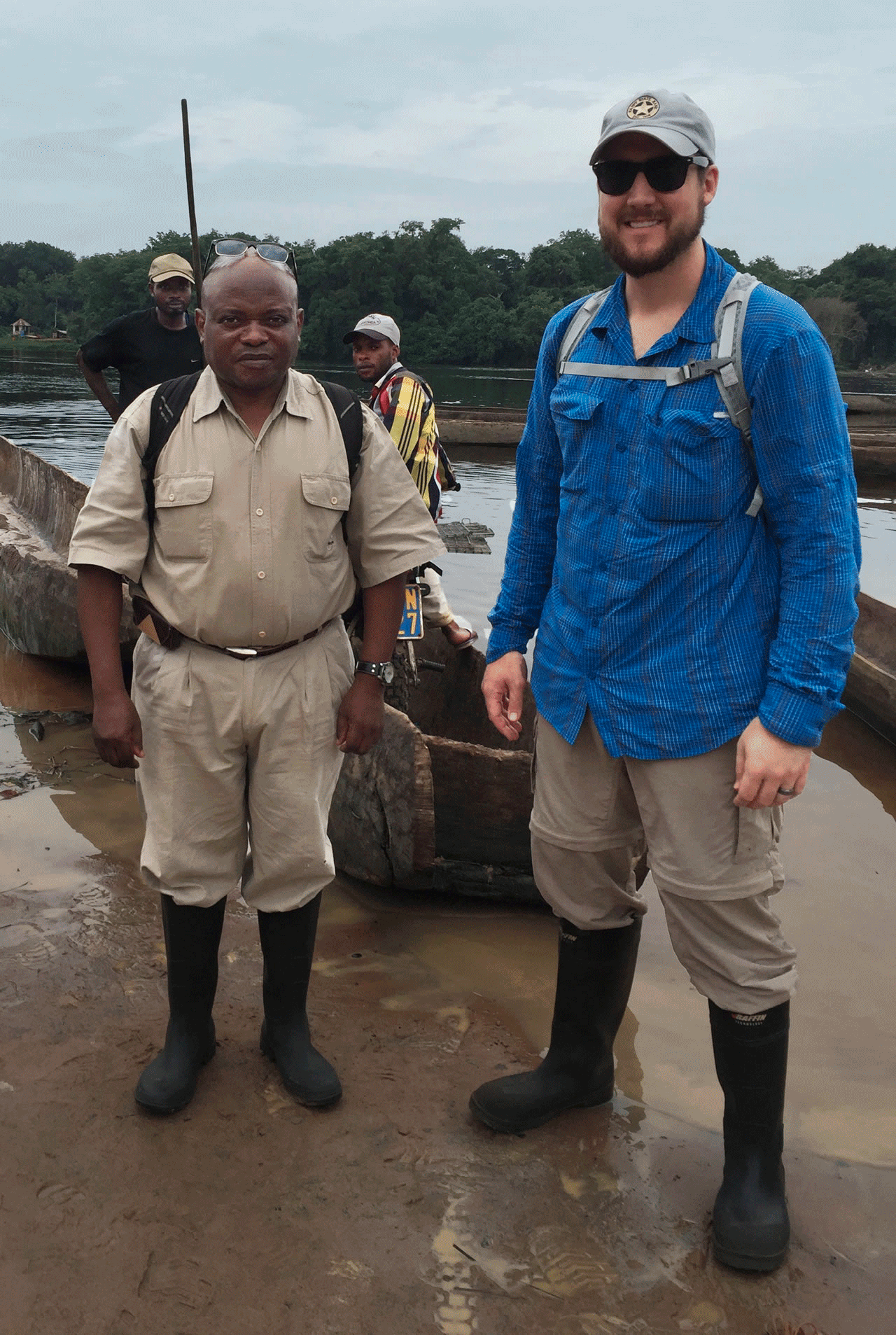
Matt Mauldin (BS Biology, 2008; PhD Biology, 2014) is a microbiologist in the Poxvirus and Rabies Branch at the Atlanta-based Centers for Disease Control and Prevention (CDC), an arm of the U.S. Department of Health & Human Services. Like many other CDC scientists, Mauldin has traveled much of the world in search of the reservoirs, or sources, of deadly infectious diseases. "I have been asked repeatedly why the CDC conducts so much work outside of the United States. But the truth is, in this age of global travel we are all highly connected," Mauldin says. "That truth extends to plant and animal life around the world. Habitat modification can alter how animals and humans interact, potentially leading to disease spillover, which could subsequently lead to exported cases." Follow this link to learn why Mauldin says the best place to stop the next disease outbreak is at its source.
![]()
College of Arts & Sciences
-
Address
Texas Tech University, Box 41034, Lubbock, TX 79409-1034 -
Phone
806.742.3831 -
Email
arts-and-sciences@ttu.edu
